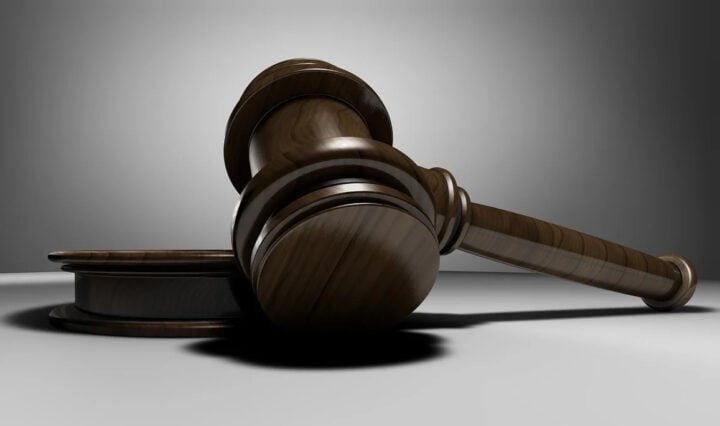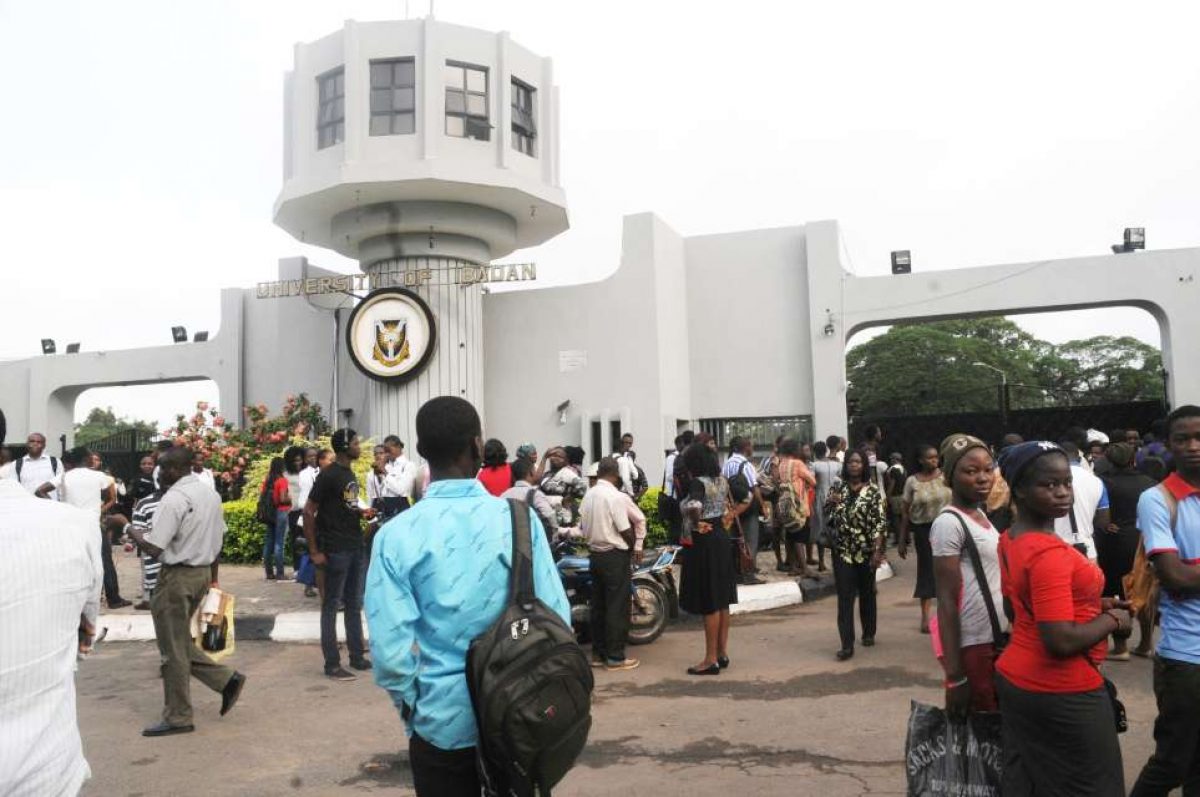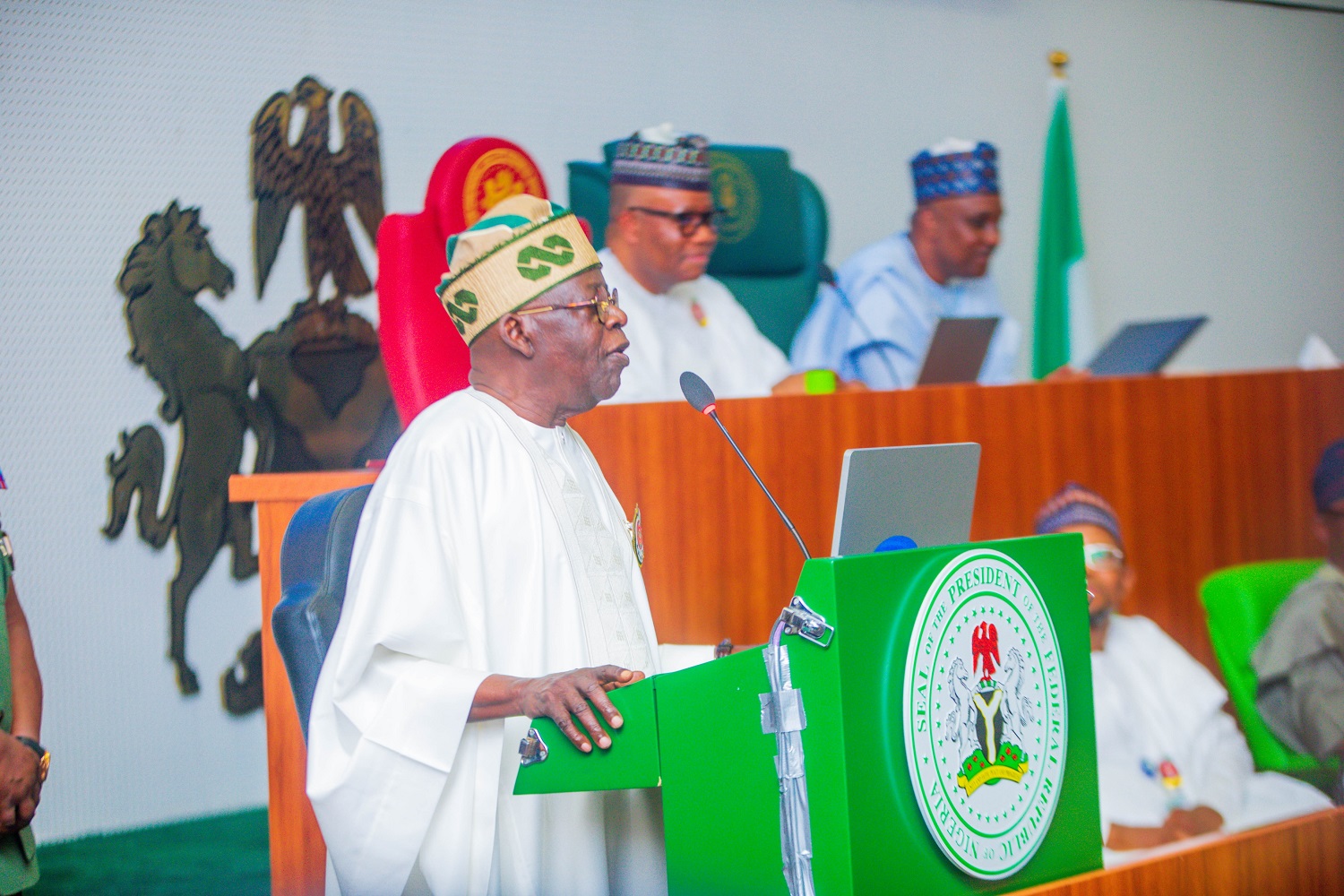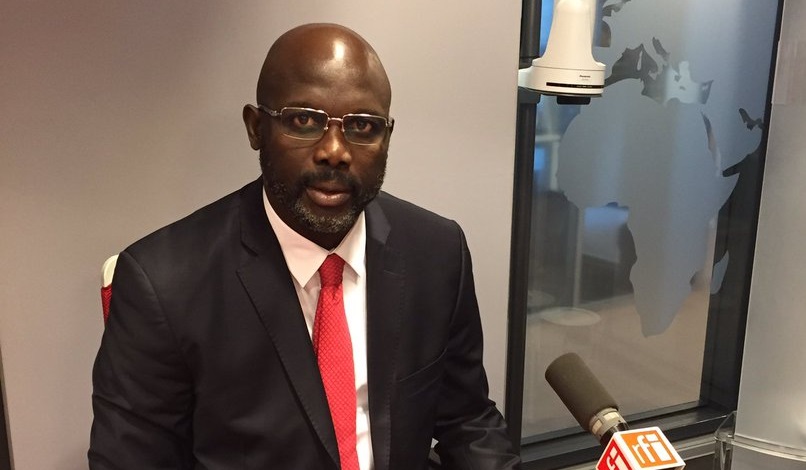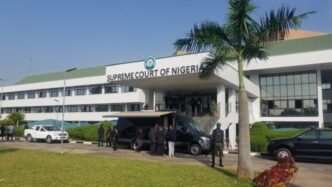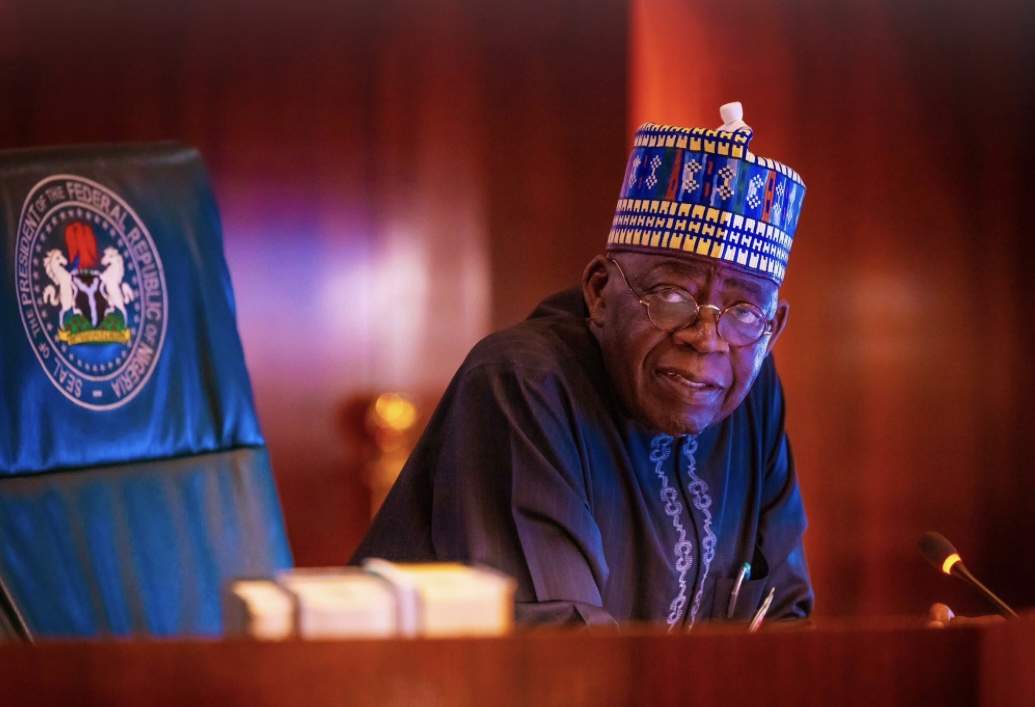If you are not confused by the series of glaringly contradictory judgments coming out of the 2023 general election petition tribunals across the country, even up to the level of the appeal court, then you must be confusion personified. This is more so in the various governorship election tribunals in almost all the 29 states where elections took place in March this year. Where does one even start to count the numerous acts of confusion, as orchestrated by some officials of the judiciary, against itself, in the past couple of months?
Is it the appeal court judgment in the case of the Kano state governorship election petition, in which the judgment read in the courtroom is different from what is contained in the certified true copy (CTC) obtained from the same court? Or the previous cases in which a case, already decided by the supreme court, being entertained by lower courts. For instance, a case of the pronounced illegality of a state governor removing from office, democratically elected local government chairmen, which had been decided by the apex court but was still being entertained by high courts. And some culpable governors have the temerity to appeal, up to the level of the same supreme court, without as much as a whimper of displeasure from the temple of justice to register the institution’s grievances at such affronts against the rule of law, and abuse of court processes. All these, when combined, are more than causes for worry for any right-thinking Nigerian who appreciates the significance of the rule of the law in a democratic setting like we pretend to be in Nigeria.
For instance, some cases were treated in a state as pre-election matters that should not be entertained in post-election litigation, let alone, having it form the basis for nullifying an election, or disqualifying a candidate. But a similar case would later be entertained and treated like a post-election litigation in other states. One then begins to wonder, what happens to the concept of “judicial precedents”? Such is the contradiction that has the capacity to confuse, even, confusion itself. I am not going to mention the judicial abracadabra that returned the immediate past president of the senate, Ahmed Lawan as a senator instead of Bashir Machina who participated in and won the All Progressives Congress (APC) primary election for the Yobe north senatorial district. Lawan, meanwhile, had taken part in the party’s presidential primary election, in which he lost to President Bola Ahmed Tinubu. The new electoral forbids a person being nominated for more than one election during the same process. But the supreme court had other reasons to affirm APC’s re-nomination of Lawan instead of Machina. Many of us, students of contemporary Nigerian political history, remain dazed by that judgment, up to this moment.
To underscore the importance of the judicial arm of the government in any society, while resuscitating a failed state, the judiciary is always the first arm of the government to emerge from the ruins. Thereafter, it takes up the responsibility to midwife the remaining two (the legislature and the executive) to life. The importance does not, however, end with that maternalistic role. The significance of the bar and the bench continues, as they carry on with the responsibility of interpreting the law, and adjudicating in matters of dispute, between individual members of the society on the one hand, and then between individuals and the state on the other. It could also be between governments—state government(s) versus the federal government, or local government versus the state government. The court ensures social order by interpreting the law for the good governance of the state. That is why, the need for the judiciary to be independent can never be overemphasised because without being independent of the two other arms of the government, there is no how it will be able to discharge its responsibilities without fear or favour. Therefore, whenever anything that causes the public to doubt the integrity of the court, or undermines the integrity of the Judiciary occurs, it is a “red flag” that should get every patriot worried.
Advertisement
With the litany of the above-mentioned contradictions, whether by omission or commission, the court is, inadvertently, setting itself up for a crisis of legitimacy in the eyes of the public. Remember, the court derives its legitimacy from the confidence and trust reposed in it by the citizenry, to at all times, uphold the principle of justice, fairness and equity, and to also protect the rule of the law, without fear or favour to maintain social order. But once the confidence and the trust get eroded by the actions or inaction of the priests at the temple of justice, it pushes the society (country) closer to a state of anarchy. It moves itself, and steps closer to the Hobbesian state of nature, where human life is described as “solitary, poor, nasty, brutish and short”, by every faux pas, as witnessed in the appeal court verdict on the Kano state governorship election petition case. The judgment read is different from what the certified true copy (CTC) contains. It’s however been dismissed by the court of appeal as a clerical error. But Atlanta-based Professor Farooq Kperogi in his weekly column “Notes from Atlanta” on Saturday has, rightly, questioned the logic of describing a full sentence, not one or two spelling mistakes, as clerical errors. He said, “Only someone who doesn’t understand English would call entire meaningful sentences clerical errors”. And my unflinching loyalty to logic has tilted me towards agreeing with him on that.
That should bother any civilised mind in the 21st century. That should get any enlightened and sane mind worried about, and on behalf of, that special institution of the state — the judiciary. But while I am worried about the unenviable reputation the judiciary has acquired lately, in terms of self-contradictions, and sometimes, standing logic on its head, pretending to dwell on a technicality rather than the substance of the case, I must also agree with the Chief Justice of Nigeria (CJN), Honourable Justice Kayode Ariwoọlá who said, on Monday, November 27, at a special session marking a new legal year, and swearing-in ceremony of new senior advocates of Nigeria (SAN), that the law remains the law regardless of what public sentiments or emotions are. He admonished the justices that the judiciary would not replace the law with sentiments and emotions of the public, no matter how loud it may sound. In his words, Honourable Justice Ariwoọlá said, “In all we do, as interpreters of the law, we should endeavour to sever the strings of emotion from logic and assumption from fact”. He couldn’t have put it more succinctly than that. In the court of law, facts, relative to what the law says, determine where the pendulum of justice swings, unlike in the court of public opinion, which dwells on sentiments and emotions—that is assuming the judges are above board in their dealings as a matter of the ideal.
Recently, some group of political elites mobilised a section of the public on social media to try and arm-twist the judiciary into seeing justice in terms of their selfish political interests, during the final days of the presidential election petition proceedings at the supreme court. They intend to instrumentalise public sentiments and emotions on social media, in blackmailing the priests at the temple of justice into delivering justice in their own definition, even though their cases were lacking in evidentiary solidity. Fliers with an inscription, “All Eyes on the Judiciary” went viral on social media, aimed at blackmailing the supreme court into seeing the facts of the case as presented from the prism of their political interests. That is a brazen attempt at setting the court up on a collision course with the public. But as I said earlier, facts, and hard evidence, relative to the provisions of the law are the diets on which the court of law feeds, not emotions.
Advertisement
To underscore the sheer hypocrisy of an average Nigerian politician, whenever the court judgment goes in his favour, “the judiciary becomes the hope of the common man”. But once it goes the other way, it becomes. “the lost hope of the common man”. That is a very dangerous way of seeing the temple of justice, especially in a society that seriously craves social order for rapid socio-economic transformation like Nigerians do at the moment. It is so unfortunate how the political class want the court to operate in Nigeria. Following a loss of cases at the tribunal, some had even called for outright military intervention, to truncate our hard-earned democracy. That is how pathetic some of them are.
Until, and unless, Nigerian politicians begin to view court cases like a sports competition, where the possibility of a loss is as real as the desire to be victorious, our hope for a society that thrives on the rule of law will remain a pipe dream. The politicians need to be reminded that they did not slaughter a cow for the judges when the court verdict went in their favour, so heaven will not fall if it goes against them. Nigeria is bigger than the ambition or interests of any individual politicians, and even their collective ones. The law is what it is. Any attempt at mixing it up with emotion and sentiments would be akin to trying to blend oil and water, meanwhile, the two can never meet.
Abubakar writes from Ilorin, Kwara state. He can be reached via 08051388285 or [email protected].
Advertisement
Views expressed by contributors are strictly personal and not of TheCable.
Add a comment

